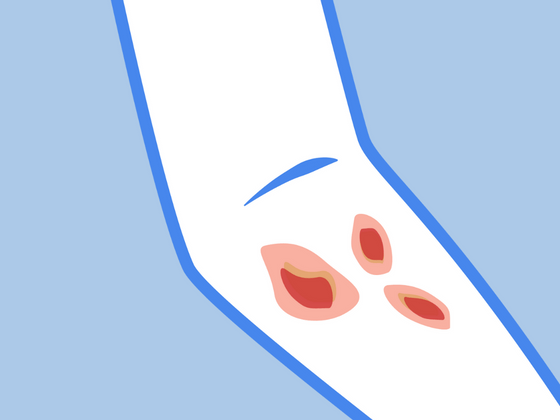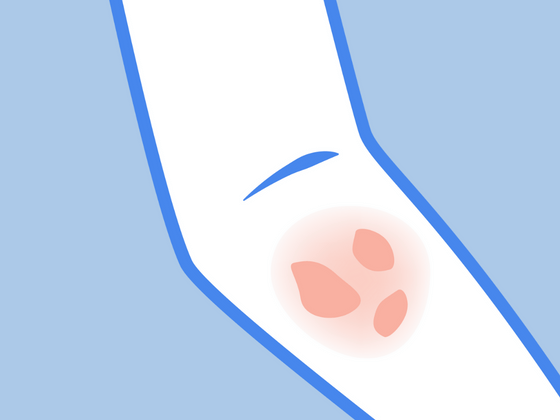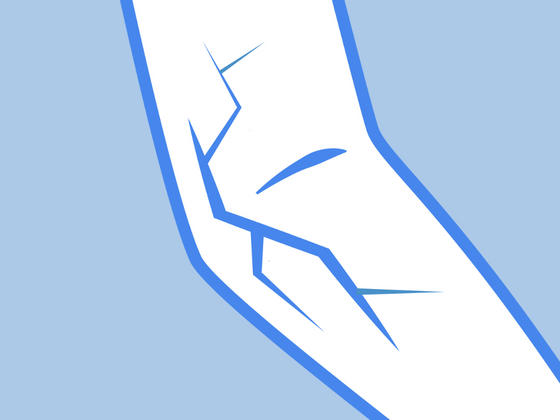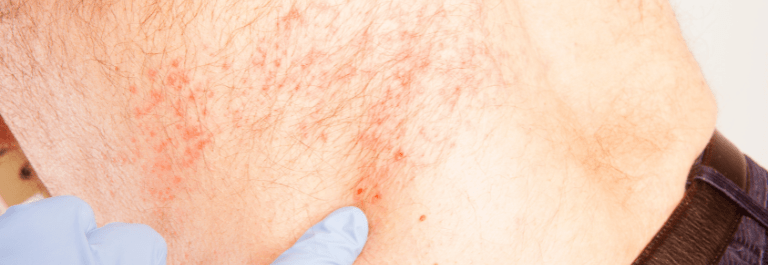Ah, summer! The hot weather and sunshine might make you want to do nothing more than take the plunge into a swimming pool. Your skin, however, may have other ideas. If you have eczema, you may be wondering whether it’s safe to mix eczema and chlorine pools. Read on to find out.
Please keep in mind that although what we discuss in this post can relieve eczema, we are in no way medical professionals. If you’re experiencing severe eczema symptoms like an infection, it is best to seek medical advice immediately.
Eczema and Swimming Pools
Swimming pools need to be kept in a safe and hygienic state. That’s why chlorine, a powerful disinfectant, is added. But what effect does chlorine have on eczema-prone skin? Can you get eczema from chlorine? As everyone’s skin is different, not everyone with eczema will experience the same reaction to chlorine. It’s possible that some people may experience irritant contact dermatitis which is when the body reacts to contact with an external substance, such as chlorine water. For other people, pH level can affect skin dryness. Properly treated pool water has a pH level between 7.2 and 7.8, making it slightly alkaline. Skin is naturally more acidic. The alkaline nature of swimming pool water can make the skin drier and more sensitive.
Chlorine and your Skin: Is it Good or Bad?
There is some debate on whether chlorine is good or bad for your eczema. On the one hand, chlorine can dry out the skin which can make eczema symptoms worse. But on the other hand, chlorinated water can reduce the level of bacteria on your skin which can be beneficial for treating eczema. Just like bleach baths can help some people with eczema, it doesn’t help everyone and isn’t always the safest or most effective choice. It all comes down to knowing and understanding what works for your skin.
Swimming with Eczema
Just because you have eczema doesn’t mean you have to miss out on all the swimming fun. Here are some tips for swimming safely with eczema.
Stay Hydrated
Although water feels cold and refreshing, your body still sweats and heats up when swimming. Remember to drink water and stay hydrated, before and after getting out of the water.
Shower Immediately Afterwards
Wash your skin to rinse off any chlorine and other chemicals upon getting out of the water. Although a hot shower may feel nice in the moment, it can actually have a drying effect on your skin. We recommend a lukewarm shower that’s no longer than ten minutes. Be sure to use a natural soap such as this eczema soap like our Coconut and Sunflower Oil Soap Bar.. Because it contains glycerine, it attracts moisture from the air to keep the skin soft and supple. Plus, it’s made with just 3 ingredients, making it a natural and nourishing choice.
Don’t Forget to Moisturize
Moisturizing is an important part of skincare that should not be overlooked. As water has a tendency to dry out the skin and strip it of its natural oils, we recommend moisturizing immediately after you take your post-swim shower. You should aim to moisturize within three minutes of taking a shower. This can help offset the drying effects of water. We recommend our Organic Manuka Skin Soothing Cream, a gentle eczema cream that's made with just 6 ingredients and highly effective at hydrating even the driest of skin.. Plus it’s safe and effective for both babies and adults and can be used from head to toe.
Embrace Skin Positivity
Although some people may feel self-conscious about swimming with eczema because of their skin’s appearance, we encourage you to embrace skin positivity and celebrate all that you are! Don’t let eczema stop you from living your best life and enjoying your summer!
References:
https://eczema.org/information-and-advice/triggers-for-eczema/swimming-and-eczema/
https://www.healthline.com/health/eczema/swimming-and-eczema-preventing-flares








